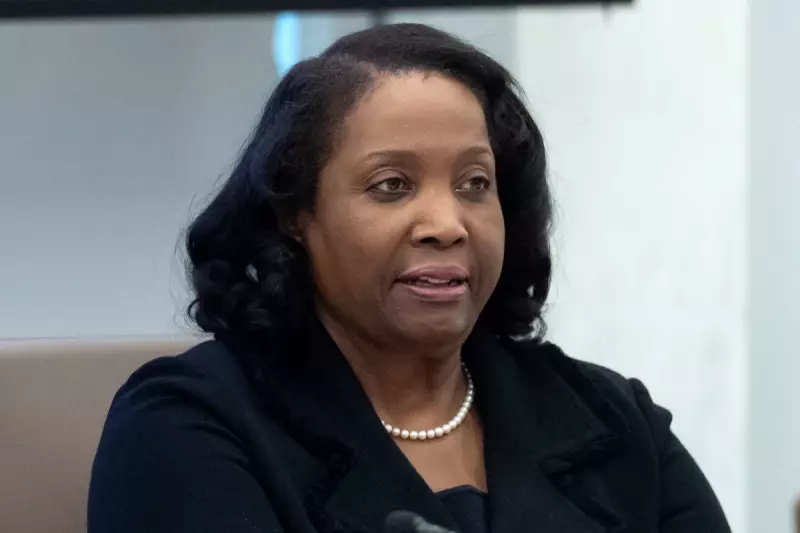
In a dramatic legal showdown that could reshape American economic governance, the US Supreme Court has agreed to hear a case challenging the appointment of Lisa Cook to the Federal Reserve Board—the first Black woman to serve as a Fed governor.
Historic Appointment Under Legal Fire
The controversy centres on whether former President Donald Trump had the constitutional authority to install Dr Cook during a Senate recess in 2022. Legal experts describe this as a pivotal test of presidential power that could have far-reaching implications for future economic appointments.
Dr Cook, an esteemed economist from Michigan State University with expertise in international finance and economic development, faced significant opposition during her confirmation process before ultimately securing her position.
The Constitutional Battle Unfolds
At the heart of the legal challenge lies the Recess Appointments Clause, which allows presidents to temporarily fill vacancies without Senate approval when legislators are in recess. The current case questions whether the Senate was genuinely in recess when Trump made the appointment.
"This isn't just about one appointment—it's about defining the boundaries of executive power in shaping America's economic future," noted constitutional law professor Eleanor Vance from Georgetown University.
What's at Stake for the US Economy
- The Federal Reserve's independence and composition
- Future presidential appointment powers
- Diversity in economic policymaking
- Stability in banking regulation and monetary policy
A Landmark Career Faces Uncertainty
Before her Federal Reserve appointment, Dr Cook built an impressive academic career specialising in economic history, innovation, and racial inequality in financial markets. Her research on how discrimination affects economic growth has been widely cited in policy circles.
The Supreme Court's decision, expected later this year, could either validate her historic appointment or force a reconsideration of her position, potentially creating significant turbulence within the world's most powerful central bank.
Financial markets are watching closely, as any disruption to Federal Reserve leadership could impact interest rate decisions and economic stability at a time of global financial uncertainty.





